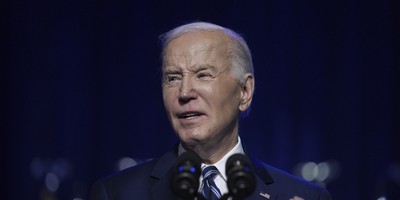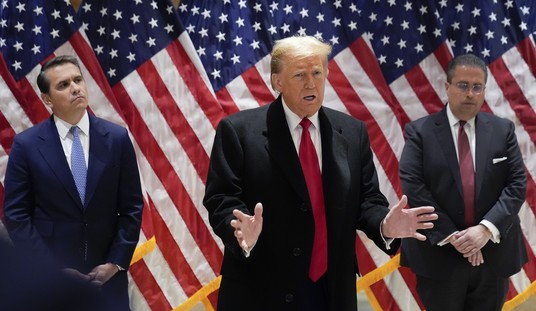When a president nominates someone to a position in a Federal agency, that person goes before the United States Senate, which undertakes its Constitutional responsibility of “advice and consent” under Article II Section II. This means the Senate must be consulted on and approve appointments made by President Barack Obama to public positions, which include Cabinet secretaries, Federal judges and ambassadors.
This also applies to those individuals who desire to be members of the National Labor Relations Board (NLRB). This regulatory agency is charged with administering to the National Labor Relations Act (NLRA), which is the law that governs relations between unions, and employees and employers in the private sector.
When President Obama originally nominated Craig Becker to serve on the NLRB, he could not gain the necessary and sufficient amount of bipartisan votes needed in the Senate to secure confirmation. This was due to the fact that Becker was known as a labor radical who believed in forced unionization and was much too controversial to serve as an unbiased arbiter.
And in spite of both Republicans and Democrats in the U.S. Senate voting to reject Becker, the President saw fit to offer him a recess appointment. Naturally, his actions were widely hailed by union bosses who bankrolled Obama’s presidential campaign, and strongly denounced by small businesses that had great concern about the job-killing measures Becker endorsed.
The Constitution provides for recess appointments to allow a president to act quickly in emergencies and appoint temporary leaders while Congress is in recess. Using a recess appointment to give a top contributor’s lawyer a job is questionable at best.
Since that time, the NLRB has taken actions against job creators that can only be viewed as extreme, and in the process confirming all the fears employers had concerning Becker’s radical agenda.
Recommended
The regulatory agency has threatened to sue states that passed amendments to their constitutions supporting the secret ballot, it is considering a case that would allow a multiplicity of different bargaining units to exist under one employer’s roof, it would essentially eliminate solicitations of any kind at a place of work unless union organizers are provided access, it has requested information concerning electronic voting systems which would lead to coercion and intimidation, and it is now open to reducing the window between the filing of petition and election in organizing drives.
Due to the fact that a new Congress has commenced, any and all nominations not addressed by the Senate were sent back to the administration. And in response, President Obama re-nominated Craig Becker knowing he had less bipartisan support in the new Congress than in the previous one.
Prior to joining the NLRB, Becker served as counsel to both the American Federation of Labor and Congress of Industrial Organizations (AFL-CIO) and Service Employee International Union (SEIU). These two groups alone spent tens of millions of dollars in the 2008 presidential election and since then, millions more on lobbying efforts pushing Congress and agencies like the NLRB to enact policies that force unionization on workers.
Worse yet, Becker’s own words and viewpoints raise serious questions with regard to how the White House could view him as a legitimate nominee for an “independent” agency.
Becker wrote in a law review journal that “employers should be stripped of any legal cognizable interest in their employees’ election of representatives” and that “employers should have no right to be heard in either a representation case or an unfair-labor practices case.” His views are so out of touch they put him well beyond mainstream Americans.
And now, even after telling the American people during his State of the Union address that he would “reduce barriers to growth and investment” and “find rules that put an unnecessary burden on businesses [and] fix them,” President Obama is more intent on delivering “payback” to Big Labor than creating jobs and turning around our economy.
The Senate rejected Becker once and small businesses across the country will work to make sure it happens again.

























Join the conversation as a VIP Member